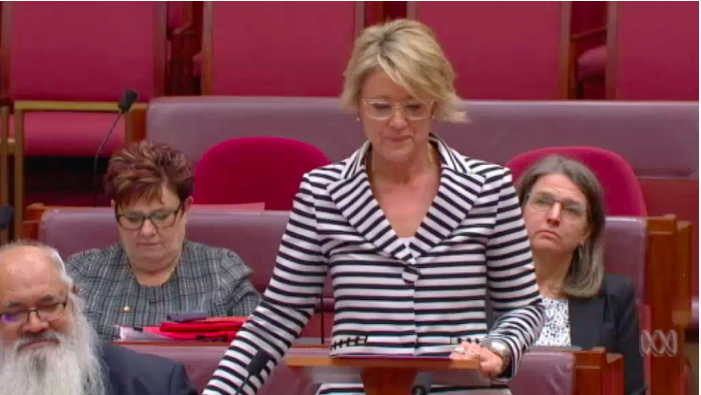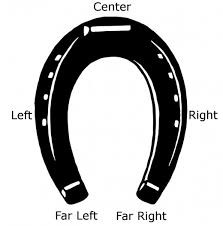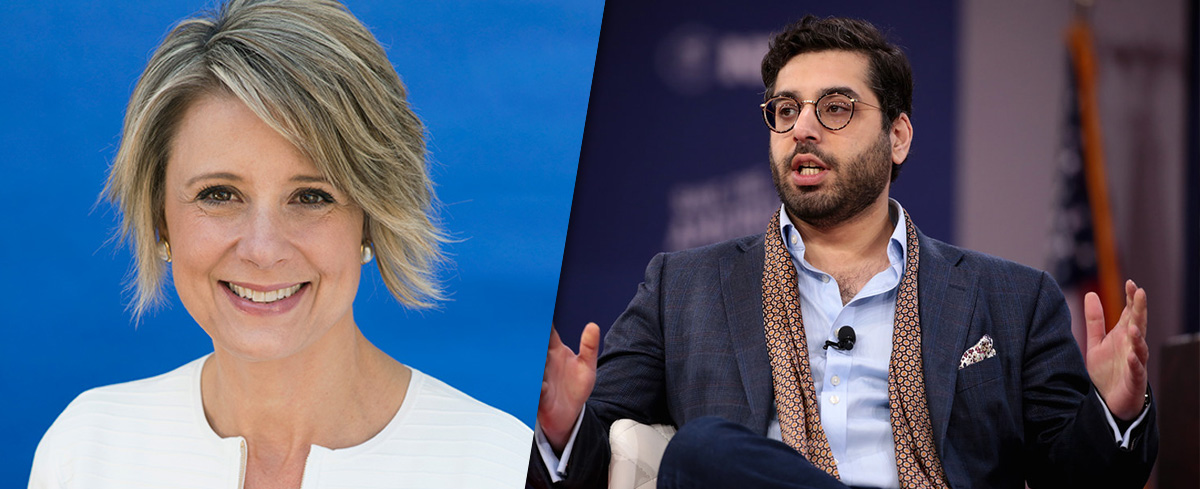Incredible scenes from the left side of Australian politics. Shadow Home Affairs Minister Kristina Keneally spoke in the Senate on Tuesday night to illustrate why British born political commentator & former Breitbart editor Raheem Kassam shouldn’t be allowed to enter the country to speak at CPAC (Australia’s Conservative Political Action Conference.) Keneally spoke bluntly:
We should not allow a career bigot — a person who spreads hate speech about Muslims, about women and about gay and lesbian people — to enter our country with the express intent of undermining equity and equality.
Keneally’s calls come amidst a wash of Australian visa banning, including conspiracy theorist David Icke, and right-wing political commentators Gavin McInnes and Milo Yiannopoulos.

Kassam responded with a tweet: “I’ll see her in court if she repeats her defamation outside the chamber, where she currently hides behind parliamentary privilege.”
Australian senator @KKeneally wants me to freak out publicly over her lies about me in her Senate.
I got a massage and played ping pong instead.
I’ll see her in court if she repeats her defamation outside the chamber, where she currently hides behind parliamentary privilege.
— Raheem Kassam (@RaheemKassam) July 30, 2019
Kassam is absolutely on to something with that tweet. The setting of Keneally’s speech shows exactly why Kassam should be allowed in. Parliamentary privilege exists so that members can discuss and debate issues free from civil and criminal law restrictions.
The Parliamentary Privileges Act (1987) covers ‘all words spoken and acts done in the course of, or for purposes of or incidental to, the transacting of the business of a house or committee.’ The defining purpose of the legislation is to promote free speech in the chamber, the last place elected representatives should fear representing their own or constituent views.
Yet in fantastic irony, a sitting NSW senator under privileged legislative impunity, calls on the coalition to bar Kassam for fear he will “enter our country with the express intent of undermining equity and equality” through “hate speech.” If Keneally is as serious about the character assassination as the gravitas of her speech would indicate, she should have no problem calling a press conference in NSW outside her own home and repeat it.
Further, employing a vague and subjective term like ‘hate speech,’ to determine that a mainstream right-wing British political commentator is unfit to enter the country, is perhaps the most poignant example of how hostile the Australian Labor party is towards free expression.
Even if we were to assume arguendo and accept Keneally’s fairly baseless claims, there are several reasons why Kassam should be allowed in any way. If Kassam were in fact a dangerous, divisive and discriminatory advocate for extreme-right wing ideas, refusing his entry only lionises him to the cause. His followers become radicalised, lending Kassam a kind of messianic status and a hero’s return from the repressive, totalitarian elements of a foreign power.
By allowing Kassam to speak in Australia, his ideas would be allowed to dissipate in the sunlight of the court of popular opinion, rather than take on an unjustly toxic, anti-establishment complexion. Keneally thus falls into her own echo chamber, as John Stuart Mill (On Liberty, pp 36–37) contends “few think it necessary to take any precautions against their own fallibility, or admit the supposition that any opinion, of which they feel very certain, maybe one of the examples of the error to which they acknowledge themselves to be liable.”
The freedom to express a contrary opinion is the best mechanism we have for finding the faults and weakness in all arguments, and the progressive elements of politics should be the champions and protectors of that process. For by their very nature, they, like the waves crashing upon the conservative rock, mould and develop the fabric of society in a way which the Right cannot.
Whilst Keneally is certainly not alone in her wish to silent dissident opinions in the fight against ‘hate’, the progressive Left demonstrates the same totalitarian streak they vehemently object to on the fascist Right. It is this evolution that lends the political spectrum to a horse-shoe shape, where the fascist and Marxist arguments become brothers, not opposites.

To call for the silencing of Kassam may be politically beneficial in the short term, but those who follow Keneally’s mantra and side with her ideologically shouldn’t be surprised, nor upset, if members of the coalition call for an immigration pause on all Left of centre activists and commentators.
Although I certainly do not agree with Keneally’s characterisation of Kassam, we recognise that in the interests of ‘inclusivity’ and ‘diversity’ alone Kassam should be given a say. A second generation British immigrant & ex-Muslim of Indian descent, he is as deserving of ‘minority’ status as anyone, yet this obviously doesn’t apply to members of the conservative right.
If the Australian Labor party wants to win the battle of ideas, rather than the battle of banning and suppression, it should welcome Kassam with open arms, for if they have any interest in providing benefit to any of their constituents, they will sharpen their own arguments with Kassam’s blade.






















You must be logged in to post a comment.